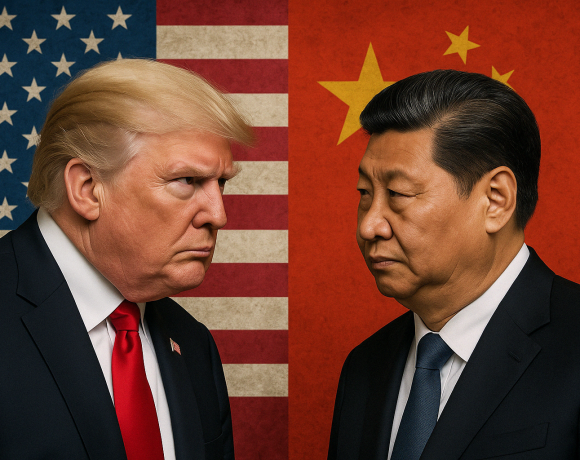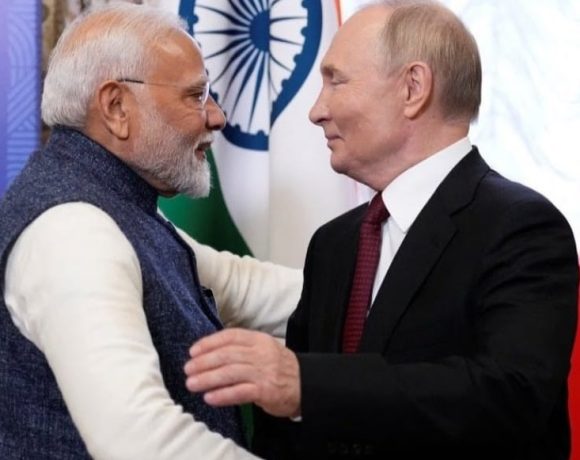
Ex-Bangladesh Army Officer Calls for North East India Occupation
A highly controversial statement by retired Bangladeshi Major General ALM Fazlur Rahman has triggered diplomatic outrage, after he suggested that Bangladesh should consider occupying India’s northeastern region if India initiates an attack on Pakistan. Rahman, who once served as the chief of the Bangladesh Rifles, made the remark on social media, proposing an alliance with China for a joint military strategy targeting India.
Bangladesh Army Remark Sparks Alarm
Rahman’s remarks, coming on the heels of the recent Pahalgam terror attack that left 26 civilians dead in Jammu and Kashmir, have caused concern in India’s strategic and security circles. His assertion that India’s Northeast is landlocked and vulnerable, and should be targeted in coordination with China, has been interpreted as an open provocation.
Though he holds no official position in the current Bangladeshi government, Rahman’s military background and former leadership role have amplified the seriousness of his comments.
Northeast India’s Strategic Importance
India’s northeastern region, comprising the “Seven Sisters” states, holds immense strategic value. It shares borders with Bangladesh, China, and Myanmar, making it a sensitive area in terms of security, connectivity, and geopolitics. India has invested heavily in enhancing road, rail, and defense infrastructure in the region, precisely due to its geopolitical exposure.
Any suggestion of foreign aggression—especially involving China, a country already engaged in ongoing border disputes with India—raises immediate red flags for Indian defense planners. Rahman’s reference to exploiting the terrain’s logistical challenges for military gain has only heightened the urgency for preparedness.
Regional Fallout and Official Reactions
The Bangladeshi government has quickly distanced itself from Rahman’s views, stating that the retired general’s opinions are personal and not reflective of official policy. However, his statements have further strained ties between New Delhi and Dhaka, which are already under pressure due to political changes in Bangladesh following the exit of Sheikh Hasina’s government.
India continues to monitor the region closely, particularly wary of any axis forming between Bangladesh-based radicals and Chinese interests in the region. New Delhi has not issued an official diplomatic response yet, but security agencies are believed to have taken note of the potential threat such views pose, especially in the context of heightened India-Pakistan tensions after the Pahalgam tragedy.
As South Asia navigates a fragile security environment, such provocative statements from former military figures only serve to add volatility to an already complex geopolitical landscape.


















